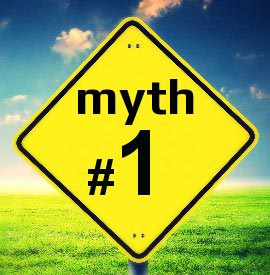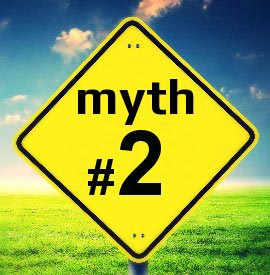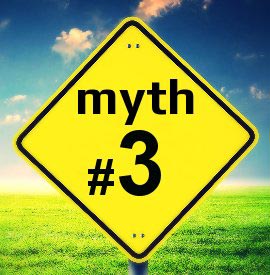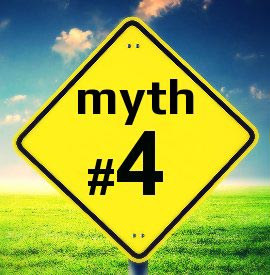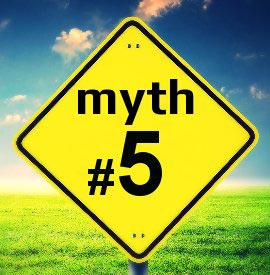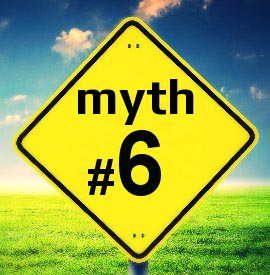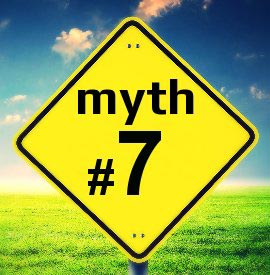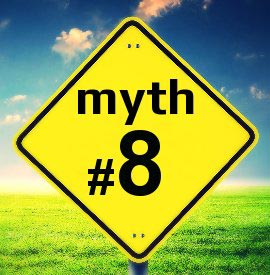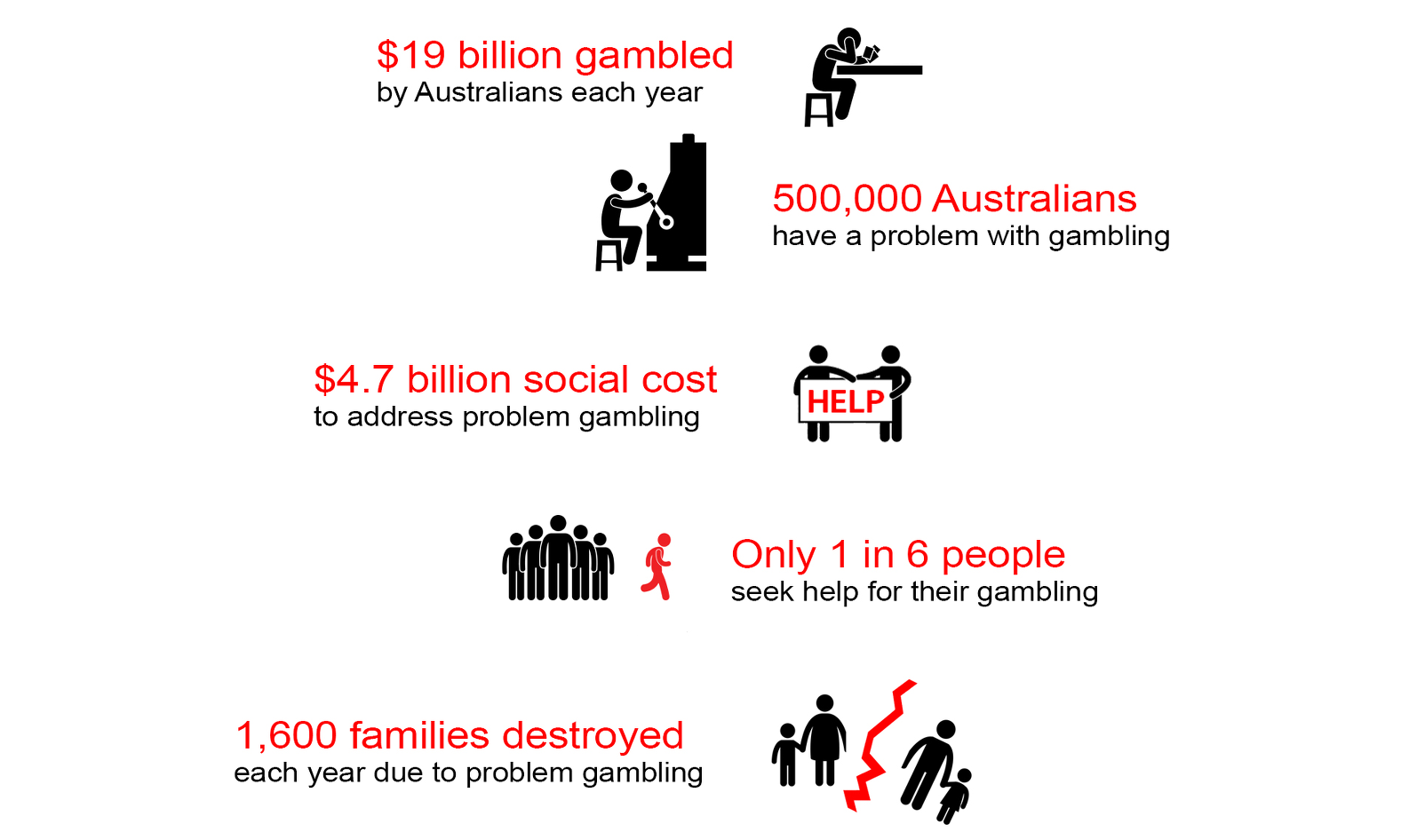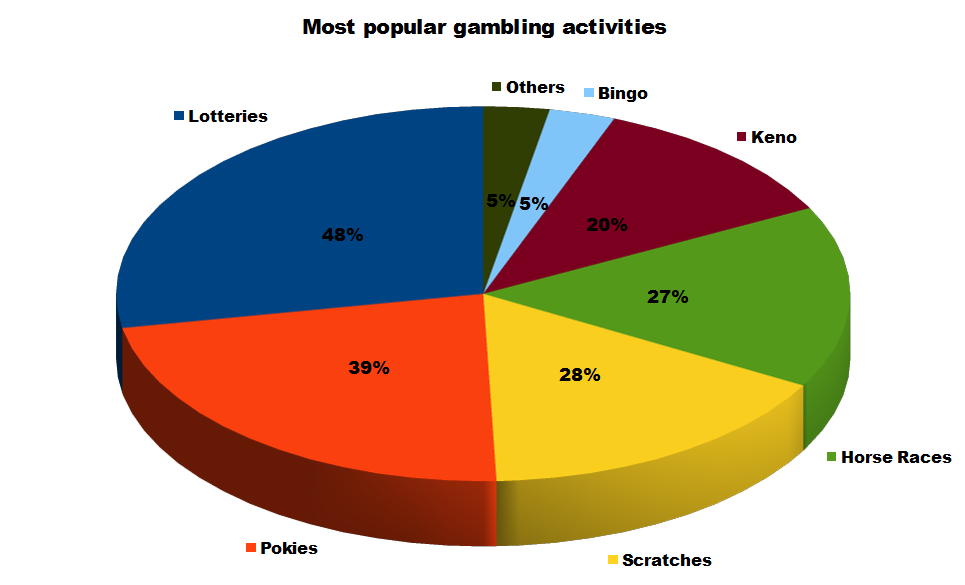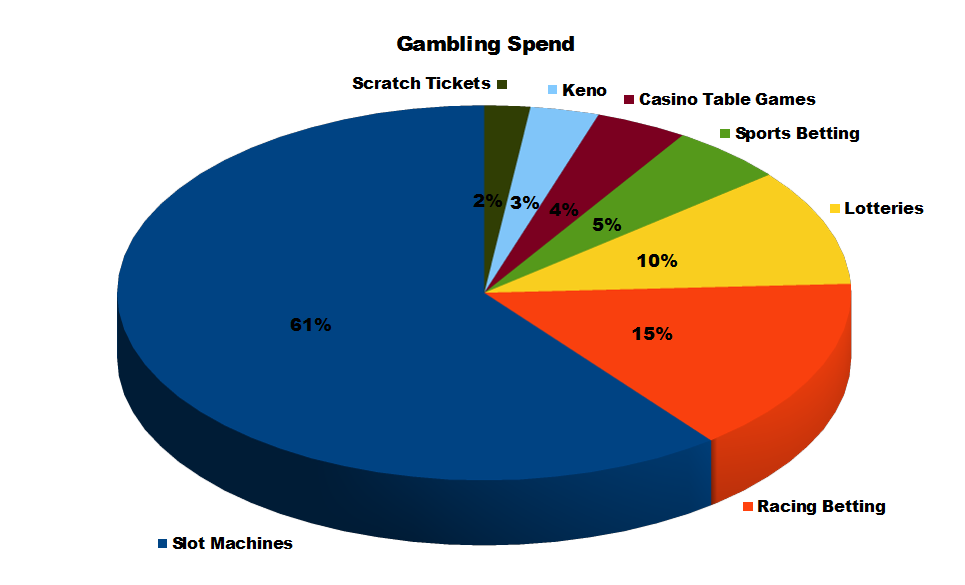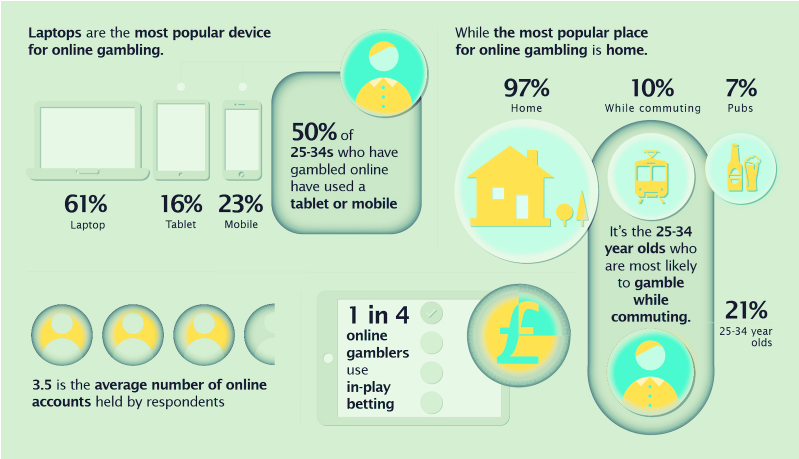Bankruptcy, job loss, depression, anxiety, relationship breakdown, crime, suicide… Sounds terrible? But all that is after-effect of gambling addiction. Think that it will never happen to you? Then the article is just for you. Read it further to reveal if you are out of the risk or not.
First and foremost, I want to make clear what the phenomenon is in plain English to make everything really clear. So, “ludomania” or problem gambling is an uncontrolled desire to make a bet despite consequences, harm, need and even though the wish to stop.
Start to worry? It’s too early. Thanks god, for most players, gambling online or offline is still just a kind of entertainment and they enjoy it responsibly. To understand if you are really addicted, you can:
- pass some easy and anonymous tests like answering questions for self-helping
- get aware of widespread myths about problem gambling (PB – further) to exclude them and move further
Types Of Gambling Addiction
They distinguish 2 types of problem gambling. It is separated with the nature of the addiction. Herewith, you can find such terms as pathological gambling and psychiatric disorder.
The first one was compared to alcohol, drug or other similar problem. When the second theory told that it’s behavior disorder like kleptomania, for example, and described as a true compulsion in the clinical sense of the word and it is about the problems of self-control.
However, while researching and observing the aspect by various MD and other professionals, The Diagnostic and Statistical Manual of Mental Disorders, Fifth Edition (DSM-5) (in the 2013 was updated to the APA (American Psychiatric Association)) re-classified PG to an addictive disorder.
But anyway, whatever the name the problem has, all scientists and psychologists are solid on an issue that is a kind of disorder that should be treated. But the ways to recover are individual for every gambler and depend on the strength of gambling addiction diagnosed.
Compulsive Gambling – Causes, Signs, Symptoms
Of course, everybody has good and bad days. It’s not a secret. But the way to get over them is individual for everyone. And the gambling is one of the easy methods to run away bad mood, problems, boredom, reality, etc. Anyway, therein lies the problem and risk to get addicted. Every compulsive gambler has their own reasons to make one more bet:
- To become more unselfconscious and more social
- Just because of loneliness or boredom
- To get rocks off after a stressful day, etc.
Sounds reasonable? Then, move further and look over the most widespread symptoms of the PB that I gathered for you. Let’s start with signs:
- Preoccupation. The player thinks a lot about gambling experience or plans the next venture, makes up strategies how to win money constantly, seeks for the better ways to profit.
- Tolerance. Needs to raise bets to get the “same effect” just like drug addicted ones enhance the “dose”.
- Lying. The person lies a lot to family, co-workers and friends to hide the passion.
- “Chasing”. Tries to win back lost money nevertheless the “cost”.
- Escape. Gamble to “run away” or overcome problems, stresses, bad mood, depression, anxiety, etc.
- Control loss. The player fails in the attempts to stop playing, cut back or just control the process.
- Borrowing. Runs into debt to keep playing and it happens even if the odds are quite bad.
- Guilt. Feels shy and guilty after each gambling session.
- Narrowing of interests. Gambling replaces all other interests of your life like sport, job, family, communication, etc. Person becomes irritable, restless and depressed when not gambling.
There is a checklist of criteria based on DSM-V that is an upgraded alternative to SOGS (the South Oaks Gambling Screen developed by Blume and Lesiuer).
Reveal some points to be too familiar to you, then it’s high time to stop playing or, maybe, even ask for the help. Just keep scrolling to find some links to the rehab centers or get some tips for the self-helping.
Treatment – Way Out, Rehab Centers
Due to the fact that PB became really widespread problem all over the world, today you can get help and save your life, wealth and happiness whenever you are. Moreover, gambling addiction is manageable in case you find the right treatment.
In general, programs of recovery are similar to the methods used for other addictions and they involve counseling, self-help, peer support, etc. or all these in combination.
- Inpatient Programs suit gamblers who can’t avoid betting for cash without 24/7 help. It requires you to stay in the facility for some period of time (30 days up to a year) where you will get more intense therapies along with medication treatment applied.
- Outpatient Programs. It can be as ongoing treatment after the patient release, so the separate method. Gamblers, who admit the problem, try to recover it on confidential meetings. Later they can become mentors to other players just like in the popular series “Elementary”.
- Psychotherapy or Cognitive Behavioral Therapy (CBT) helps addicted ones to change unhealthy habits, thoughts and behavior. It teaches how to fight with urge to gamble and cope with money.
- 12-Step Program of Gamblers Anonymous is a variation of CBT and inpatient/outpatient methods, that helps you to relabel, re-attribute, refocus and revalue things in your life.
- Medication is provided when you choose one of the inpatient recovery methods. There you can get some antidepressant and anti-anxiety medications. But, remember, you should never try to self-medicate, because it’s extremely dangerous.
You can find all these therapies in various rehab centers over the globe and even online. But still The National Council on Problem Gambling and me too, of course, suggest you to pay attention to such key points when choosing one of them:
- accredited facility
- licensed and trained staff
- only certified gambling counselor
I researched the topic and found some trust-worthy organizations to share with you. Here is the list of sites, that meet the requirements and offer you the help in the problem.
Conclusions: Play Smart – Stay Safe
So, the moral of this story is that you should always have a head upon shoulders and remember really simple and well-known things as:
- gambling is an entertainment, but not a way out of your problems
- you should know your limit and not to bet over that
- it’s better to choose health activity like sport to cheer up
- it’s always important to get your priorities right
I’m for the responsible gambling only. I decided to write this article to warn you about the risk and help you to avoid it. Please, play smart and enjoy your life!

